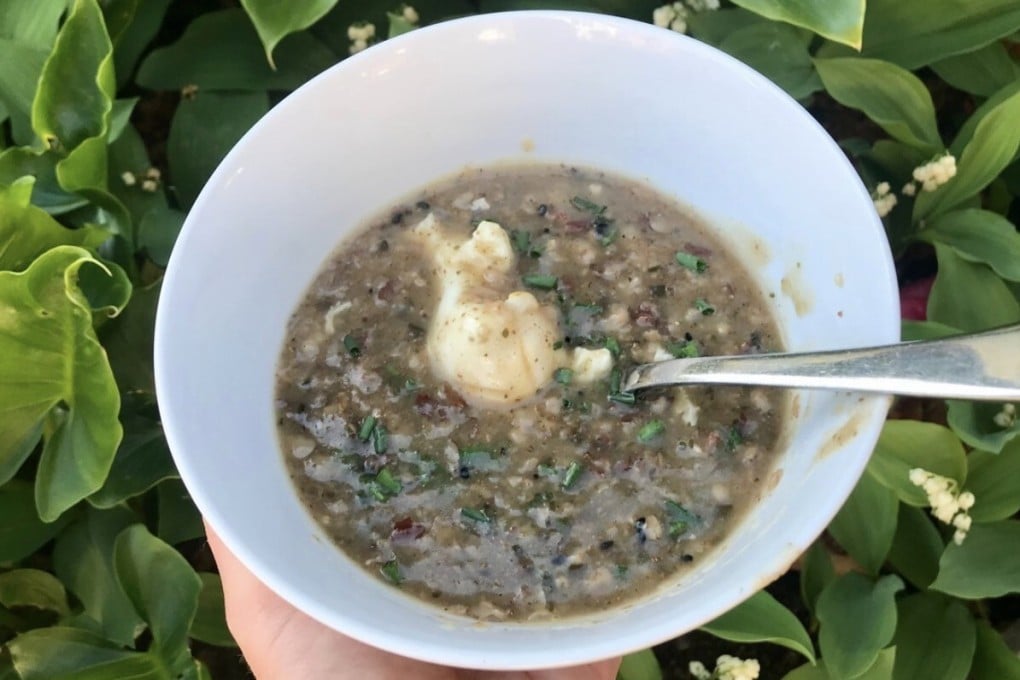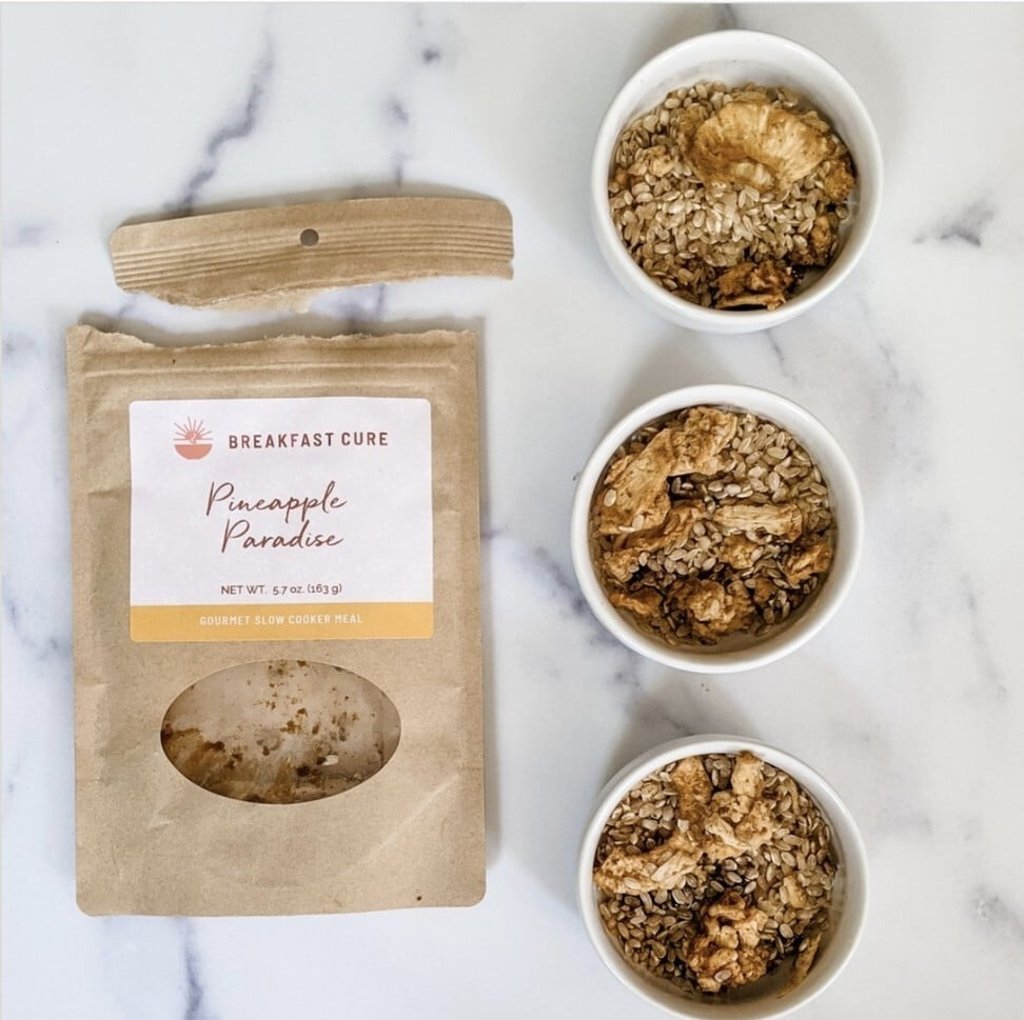My Take | People, give this Karen a congee break
- It may be culturally incorrect in these politically sensitive times, but who are we to say apple cinnamon, chia seeds, Romano beans, pineapples, berries, mango and Indian spices don’t go with Chinese congee?

I am not a fussy eater. Taking me to a fancy restaurant for an “authentic” cuisine will probably be wasted on me. In fact, I am a sucker for cheap inauthentic dishes. I love General Tao’s chicken, sweet and sour pork, and chop suey, all apparently inventions of North American Chinatowns.
Chicken tikka masala is one of my all-time favourite Indian dishes, but I read somewhere that a South Asian chef first came up with the recipe in Britain. Congee? Now that’s very Chinese. I am not particular, though. You can put any meat, seafood or vegetable in it for me. Or just the classic boiled water and rice, though I prefer it creamy rather than watery, and I put in an obscene amount of fermented tofu. That, I submit to you, is a classic Chinese breakfast and an acquired taste, since most foreigners and even some Chinese, would be sickened by the tofu mix I favour.
Company founder Karen Taylor, a white person, has made the faux pas of not only praising the ancient wisdom and goodness of this traditional Chinese porridge, but also claiming to have “improved” and “modernised” congee “for the Western palate”.

For that, she has been accused of “gentrifying” and “whitewashing” congee. It’s perfectly fine to say, for example, that you admire Bruce Lee and Ip Man. Unfortunately, you are courting controversy and online takedowns if you claim your style of martial arts is an improvement on theirs.
